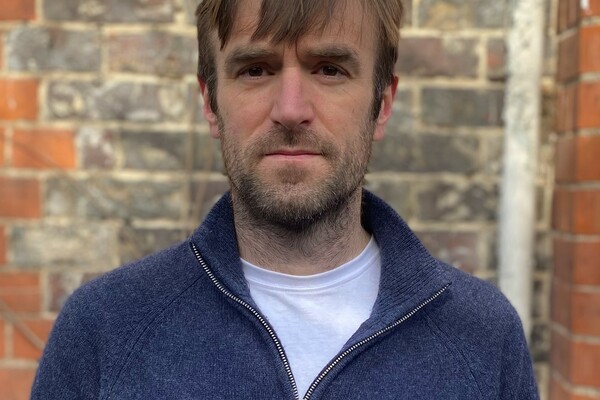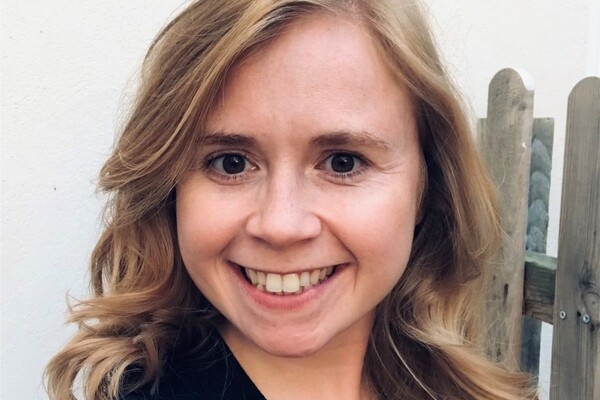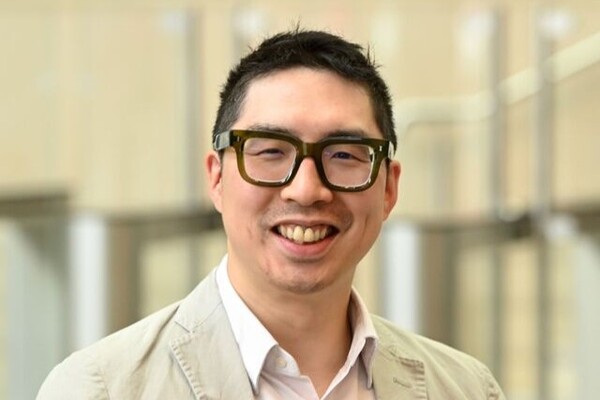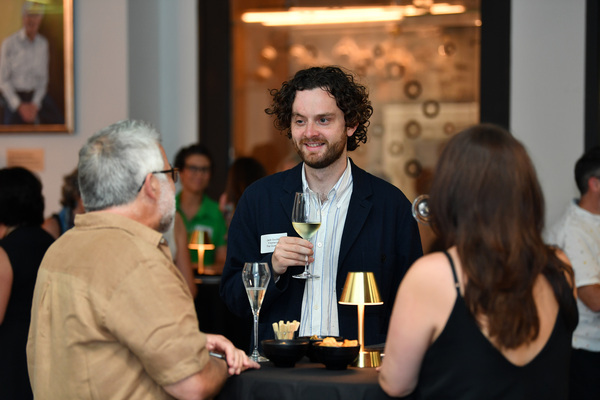When asked to describe his daily routine as a science editor at The Times, Tom Whipple is immediately sceptical. “There isn’t a normal day,” he explains, “and that’s one of the things I like about the job.”
The bread and butter of his (a)typical mornings at the British national newspaper are embargoed news stories, meaning newsworthy discoveries seen by journalists before they are officially published in a scientific journal. On hectic days, he juggles three or more pieces; on calmer occasions, perhaps just one. “Then there’ll be other longer-term things that will punctuate [my day],” Whipple says – like the book review he is writing.
But his daily tasks extend beyond hunching over a cluttered desk. “I’m in the office only half the time,” he explains. In the other half, he might investigate the space economy for an upcoming feature, explore the intersection of modern art and artificial intelligence in Venice, or sample lab-made sausages in the Netherlands. “It’s nice to learn something new every day, and it’s a great privilege to speak to people,” he says.
Whipple, after all, has interviewed intellectual giants like the late Stephen Hawking. Yet, “it is rarely the big names or the obvious breakthroughs that are really interesting,” he admits. His favourite stories delve into the entanglements of science and society, like the saga of the redefinition of a kilogram, which international scientists voted on in 2018 after realising the safeguarded cylinder of platinum-iridium it had been based on had been shedding micrograms.
“It was wonderful writing about that,” Whipple recalls, “it brought together so much:” the culture, the history, and the kilogram’s redefinition in terms of Planck’s constant. “So you’re suddenly into hardware, quantum mechanics,” he adds.
Whipple’s fascination for maths and physics ignited during his school days and kept burning throughout university. While there, his interest extended to journalism. “And that wasn’t science journalism,” Whipple says. His articles for the university newspaper covered anything remarkable, from British politics to the Naked Rambler’s story – a man who crossed Britain unclothed to protest the nation’s stance on nudity. “I went down to interview him in his caravan on the South Coast,” Whipple recalls, “which was something my mother wasn’t particularly happy about.” But he was and, by the end of university, his casual affair with journalism had turned into a committed relationship.
His first steps into the profession were alternately inspiring and discouraging. After one year of freelancing, bylines published in The Guardian and a few other outlets had failed to keep him financially afloat. So, he embarked on a gap year scheme in Sri Lanka with an English-language newspaper. Covering the aftermath of a tsunami and the final stages of a civil war was an astonishing experience, but it fell short in terms of earning him a living. Once back in the UK, Whipple moved from one work experience placement to the next. Two years into little moneymaking at The Times, he asked the deputy editor for advice – a bold move that proved right. Starting with a humble position at the foreign desk, he worked his way up to being a features writer and then a science correspondent. In 2012, “eventually our science editor left, and through my sort of amazing mathematical prowess, it was clear that I was the man for the job,” Whipple says.
Wry humour aside, he does not think journalists require a scientific background to cover science stories. Knowing how to decipher scientific papers is an asset, but what secured Whipple’s position was his curiosity, intellectual humility, and talent with words. Be flexible and willing to write about a wide range of topics, he suggests to those eyeing a career in the news industry. Given the limited number of jobs in science writing, “the idea of instantly specialising requires someone like me to die,” he says – a fate he is not anticipating anytime soon.
To fledgling freelancers, Whipple offers pragmatic advice: favour features over news pages as they provide more space and money; pitch speculatively if your portfolio is limited; and persevere to allow opportunities to arise. “But this is me using advice as a form of nostalgia,” he adds, citing Baz Luhrmann’s 90s song 'Everybody’s Free'.
Ultimately, becoming a science journalist isn't a one-size-fits-all journey. But its fitting seems to have become more comfortable in recent years. According to Whipple, the COVID-19 pandemic has brought science into the spotlight, legitimising the role of science journalists. Also, the sense of doom and mass layoffs in newspapers that accompanied the advent of the internet has receded. “I don’t think you’d ever say that things are completely settled,” Whipple says. “But it feels more plausible to me that I’m going to be able to pay my mortgage off through being a journalist now than it did perhaps ten years ago.”
Edited by Amarachi Orie
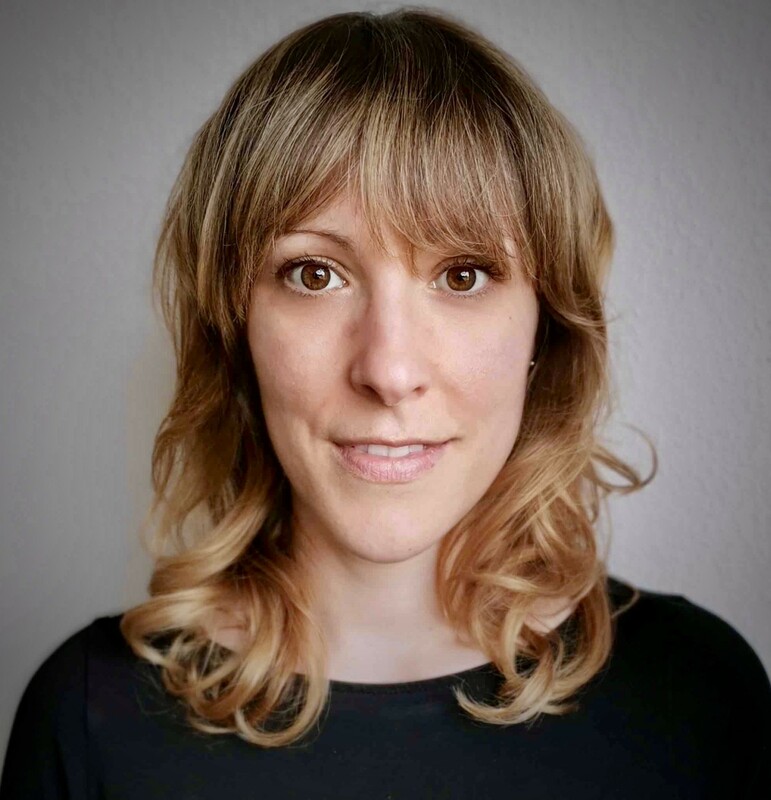
Cecilia Grimaldi is a freelance science writer covering the entanglements of biology, animal behaviour, biomedicine, and societal and philosophical aspects of scientific research. She also has experience in scientific writing, copyediting website material, and translating scientific books from English to Italian.
Prior to writing, she earned a Master's in science communication from Imperial College London and a doctorate in cell biology from the International Max Planck Research Graduate School for Molecular Biomedicine, Germany. Website
The Early Career Science Writer Network (ECSWN) is a global community of science media professionals within the first five years of a journalism career. The network offers training and development opportunities for its members and provides an informal space to chat openly with peers at the same level.
The ‘A Day in the Life of’ (ADITLO) series is a collection of profile-type articles chronicling a day in the life of different media roles, written by members of the ECSWN. The scheme provides a valuable opportunity for new journalists to develop interviewing, writing and editing skills while creating a helpful resource which gives those joining the industry an insight into the everyday reality of different science journalism roles.

